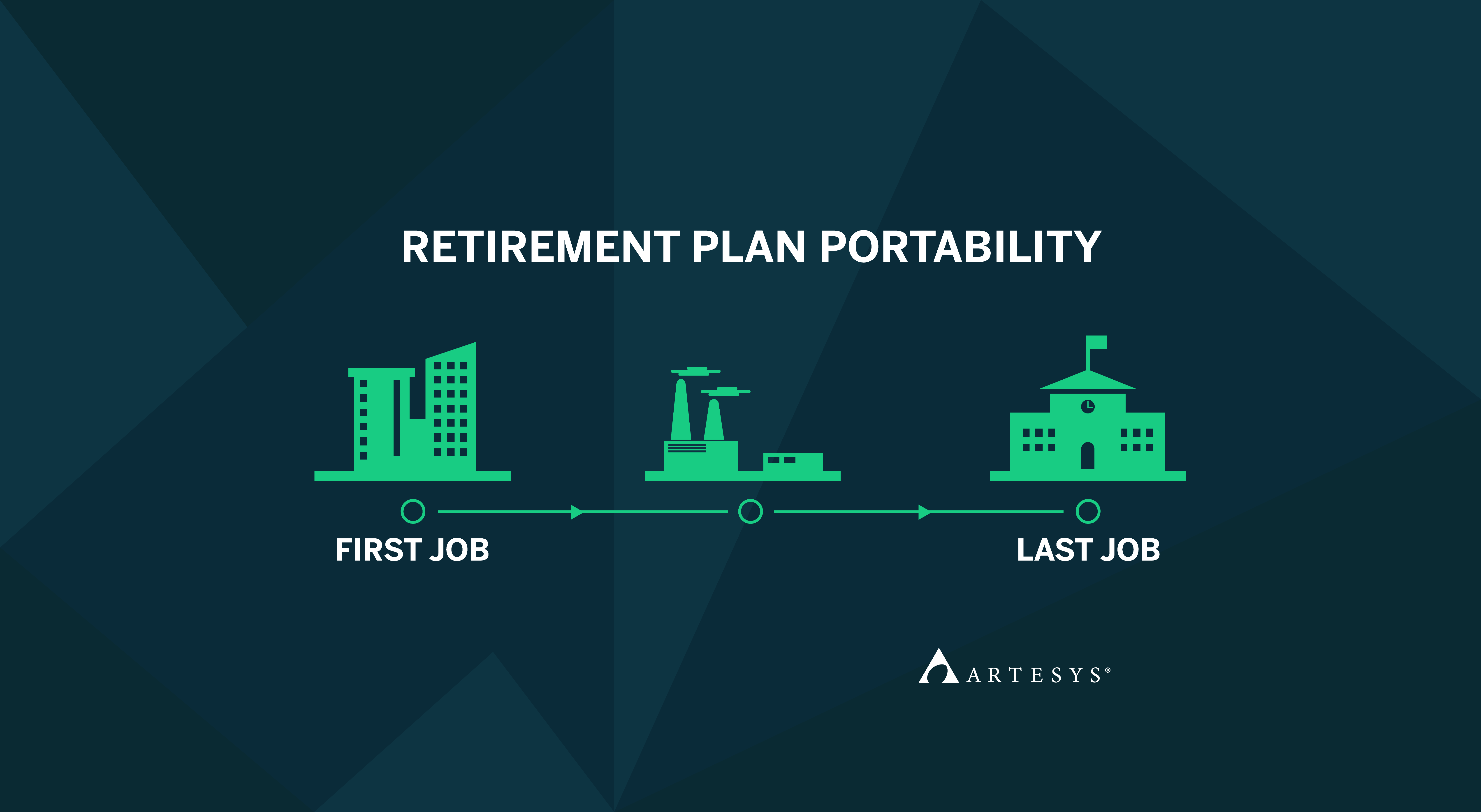Job Hopping Should Not Stop You From Contributing To Your Retirement Plan

Too often when friends and younger family members ask me what I do for a living, and i tell them I work with retirement plans, I hear the reply
“Oh I have been meaning to start one of those”
Millennials (born in the early 80s through mid 90s) in particular are not contributing to their company’s retirement plan. One of the reasons I hear most is
I won’t be at my job very long. (Job Hopping)
Commonly Millennials will move job-to-job every 2-3 years for various reason; career growth / raises / company culture / or even a change in location. Frequent job hopping is a possible cause of low participation rates among working millennials. By not utilizing your company’s retirement plan match (if available) you are missing out on a very wonderful thing, compound interest.
Lets look at a hypothetical scenario – If you were to earn $45k a year, contribute 10% to your 401(k) plan, receive a 3% match from your employer, and earn a 7% average annualized rate of return. If you start at age 23, you would end up with about $1.4 million by age 65.
But if you wait until age 30 to start saving, you end up with only about $840k. Getting that early start means over $600k extra in your nest egg.
When should I start?
Most people should start contributing in their retirement plans, receiving at least the company match, as soon as possible. The difference in your take-home is hardly noticeable, and it is very easy to escalate your contribution annually without feeling it harshly in your bank account.
So what happens if I leave my company?
You have a few options at this point with your 401(k) account
Leave the money with your current company
If your account is larger than $5,000 you can keep your money with your employer whether or not you are still employed there. (You will no longer be able to contribute to this plan).
Rolling your 401k account to a new company or to an IRA
If the next company you land at offers a 401k, you can roll over any old 401ks to this plan. You can also roll over your 401k to an IRA in most cases. For a more in-depth look at 401k rollovers, here is a link to the IRS’s rollover chart
Cashing out
You can also take your balance out as a cash distribution. Your balance will be taxed as ordinary income, you will receive a 10% penalty to the IRS, and you will also pay any state income taxes.
Sum it up.
By not investing in your retirement plan as early as you can, for whatever reason, you are essentially cutting yourself short on some very large sums of money. Job hopping should not be a barrier to entry for millennials with today’s portability of retirement plans.


